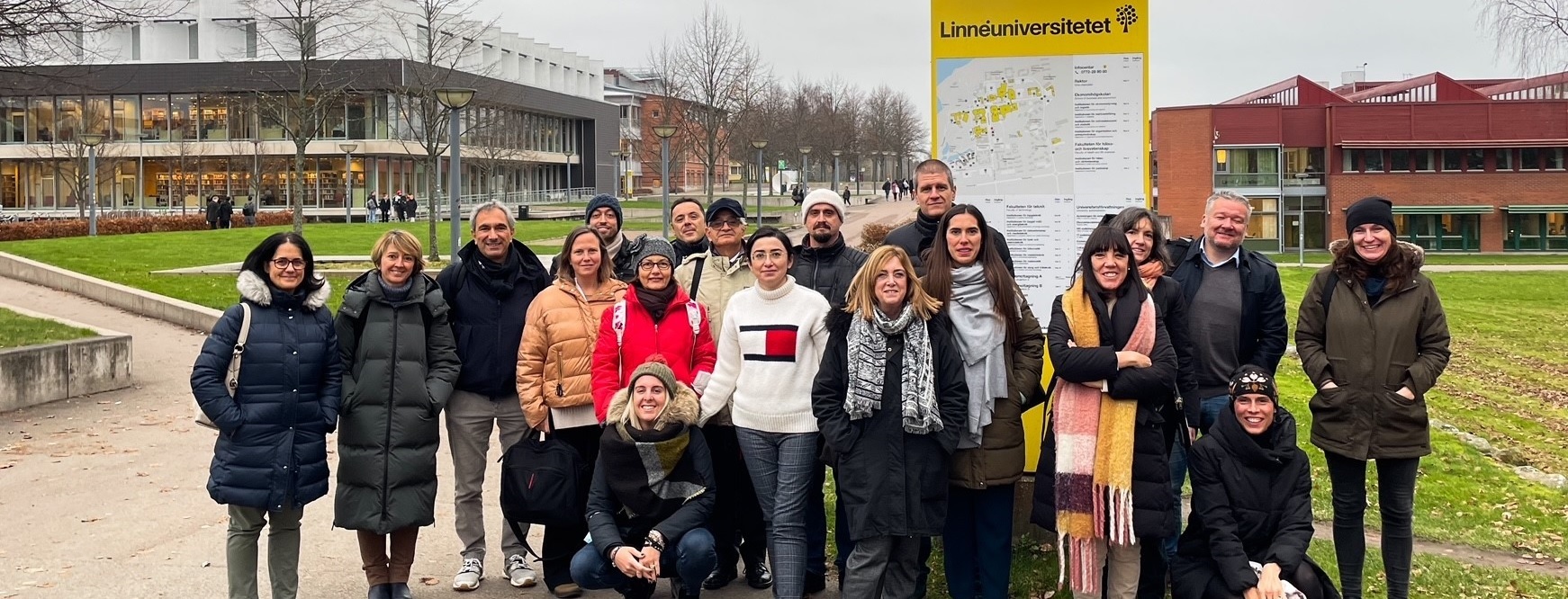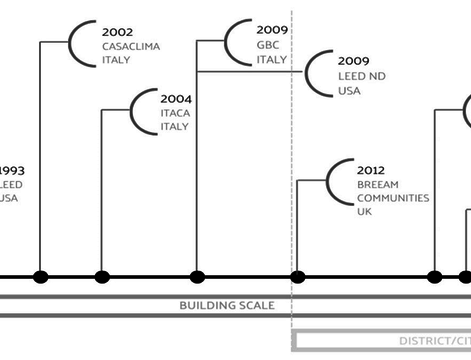General introduction
Navarra Government through the public company Nasuvinsa has promoted its Rental plan under the program called Navarra Social Housing (NSH). This programme is a key to moving forward in fulfilling policy commitment of favouring access to decent and quality housing, as a basic right of citizenship.
It is the largest institutional commitment in this area, which main purpose is to respond to the growing social demand for rental housing. At the same time, Regional Government is promoting sustainable and energy efficient buildings, in this case under the Passivhaus standard.
Navarra Government has decided to change rental social housing shortage and made it a strategic commitment. This shortage is particularly pressing among young people and low-income households.
With this plan, Navarra consolidated its leadership position in the field of sustainable construction and the implementation of Nearly Zero Energy Buildings (nZEB), with 100% of its new construction promotions certified under the Passivhaus standard.
The other priority line of action in the urban and residential areas is complementing NSH as the flagship of the Housing Plan from 2017. On the other hand, the priority line of promoting of other public services such as the “Home to rent” managed by Nasuvinsa focused on low-income households, pays special attention to specific segments of the population such as youth.
The total budget for this public rental plan was initially estimated at 80 million euros, although the global investment is currently close to 100 million, contributed by the Government of Navarra and Nasuvinsa, and with co-financing from the European Bank Investment (EIB), through the Juncker Plan of the European Commission.
NSH is not only looking for protecting the environment, but also creating local employment and facilitating social integration through the access to decent, affordable housing.
According to Nasuvinsa’s estimation, around 78,000 square meters will be built. Currently, two housing developments have been finished, with 76 housing units delivered or pending handover to tenants.
Sustainable urban planning
NSH meets the need to introduce sustainable urban planning criteria in public buildings.
In this sense, Navarra stands out among the pioneer European regions in complying with the EU directive 2010/31, on nearly Zero Energy Buildings (nZEB). In fact, 100% of the promotions of the Public Housing Plan are built within the framework of the European regulations on Nearly Zero Energy Buildings (nZEB), even before they become compulsory from 2020.
Passivhaus standard or equivalent not only meet with sustainable building objectives, but also with the comfort and health rights, the commitment to energy poverty and, ultimately, the social function of housing.
Employment
In addition to energy savings and CO2 emissions reduction, construction, which complies nZEB requirements, offers an important economic return in terms of job creation and boosting innovation in the Navarra’s building sector.
Specifically, 300 direct jobs are created under the development of NSH public rental plan. In addition, the commitment to the construction of nZEB is favouring the capacity training, including architects and engineers, to set the guidelines and certify projects and the works’ execution complying these parameters.
Urban regeneration
The Housing Plan will incorporate, in addition to the NSH rental plan, a package of measures and aid aimed at promoting housing renovation policies, linked to energy efficiency and the urban and social regeneration of aging neighborhoods.
Likewise, along with the promotion of new social housing, “Home to rent” programme is fostered with new incentives for owners of empty flats who transfer them to the public management of protected leasing, with rent and maintenance guaranteed by Nasuvinsa, the public company that manages the service.
EIB co-financing
The agreement signed in 2017 by Navarra Government and the European Investment Bank (EIB) estimated the initial budget of NSH plan at 80 million, in charge of the regional government and the Nasuvinsa’s own funds, financed 50% by the EIB.
This European financing is carried out within the Juncker plan framework, due to the commitment of rental social housing increasing demand and nZEB construction, two objectives aligned with the priority policies promoted by the European Union.
The financing agreement offers more favourable credit conditions compared to other traditional sources of funding, both in terms of interest rates and repayment terms. This credit is favouring policies to promote social rent and the fight against climate change, two of the priorities that the European Union and the Government of Navarra have endorsed.













